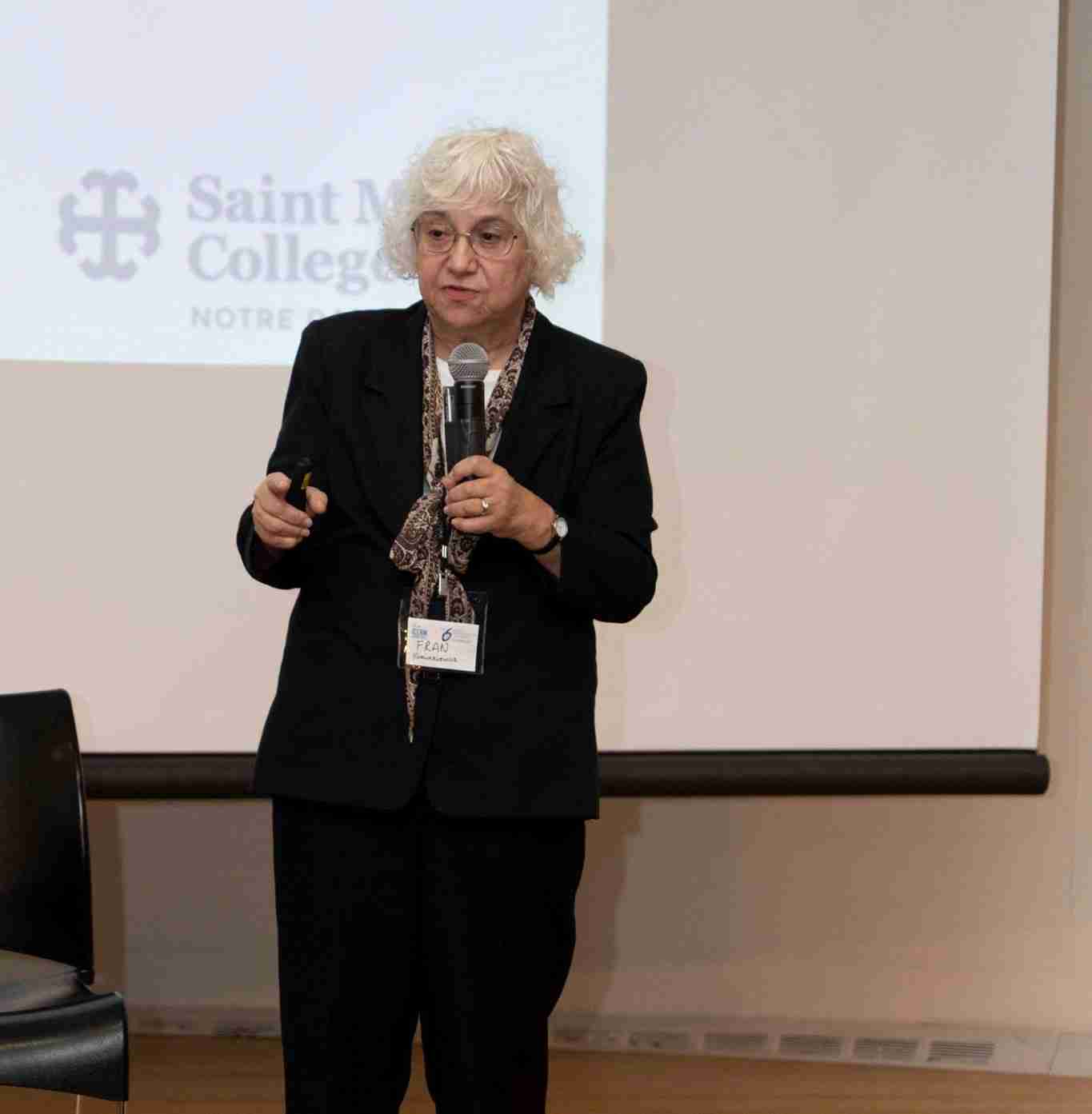2016 Prayer for Peace Videos

Prayer for peace, an ancient practice in times of violence and war, is highly needed in this era. Faced with global insecurity, intra- and inter-state wars, we believe that it is important to build multi-ethnic, multi-racial and multi-faith coalitions. This is why ICERMediation organizes a prayer for peace every year during its International Conference on Ethnic and Religious Conflict Resolution and Peacebuilding.
In these videos, you will see how multi-religious, multi-ethnic, and multi-racial communities came together to pray for global peace and security.
The videos were recorded during the Pray for Peace event of ICERMediation on November 3, 2016 at The Interchurch Center, 475 Riverside Drive, New York, NY 10115.
Please subscribe to our channel to receive updates about future video productions.






